Radiology in Oncology: The Role of Imaging in Cancer Detection and Treatment

Radiology is that part of medicine utilizing imaging technologies in diagnosis and treatment; hence, it plays an important role in oncology. Advanced imaging techniques provide critical information to guide oncologists in developing an effective treatment plan and monitoring progress. This article discusses the critical role radiology can play in cancer detection and treatment. Early Detection…
The Role of Radiologists in Multidisciplinary Teams: Enhancing Patient Care
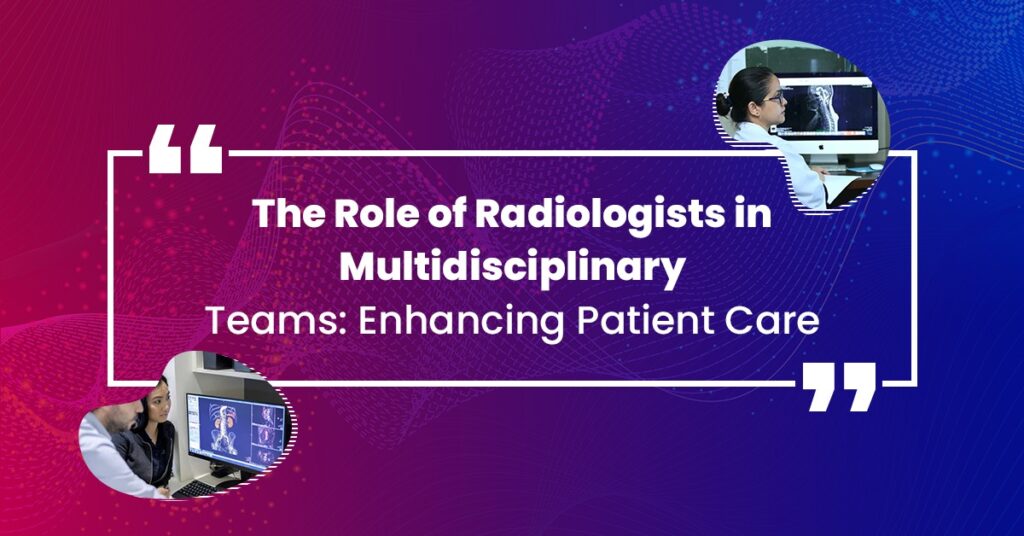
Patient care within the contemporary healthcare landscape has evolved to become holistic and collaborative. Probably, this is due to a growing realization that complex medical conditions require comprehensive and multi-faceted approaches, particularly chronic diseases and cancer. At the very core of most of these strategies lies multidisciplinary teams, which bring together diverse professions in medical…
MRI Predicts Parkinson’s Disease Progression: Insights from Recent Research
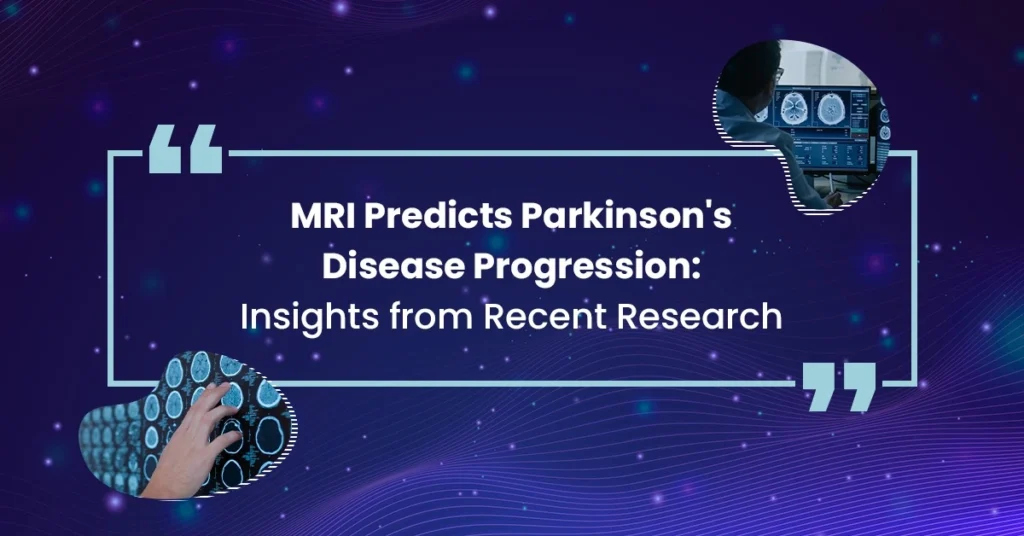
Introduction Parkinson’s disease (PD) is a progressive neurodegenerative disorder marked by symptoms like tremors, slowness of movement, and rigidity. As these symptoms worsen over time, early diagnosis and prediction of disease progression become crucial for effective management. Recent studies highlight the potential of Magnetic Resonance Imaging (MRI) to predict PD progression in its early stages,…
Essential Considerations for Breast Cancer Screening in Young Women
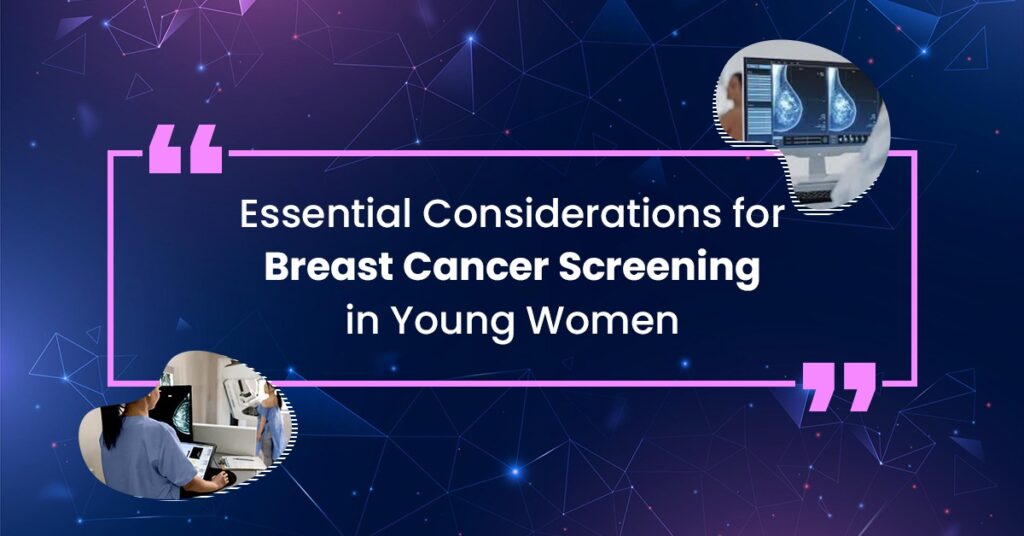
Introduction Breast cancer remains a leading cause of cancer-related mortality among women globally. While routine breast cancer screening is generally recommended for women over 40, there is growing evidence that considerations are needed for screening women under 40. Recent research presented at the American Roentgen Ray Society (ARRS) annual meeting highlights the importance of tailored…
Is MRI a Better Alternative to the PSA Test for Prostate Cancer Screening?
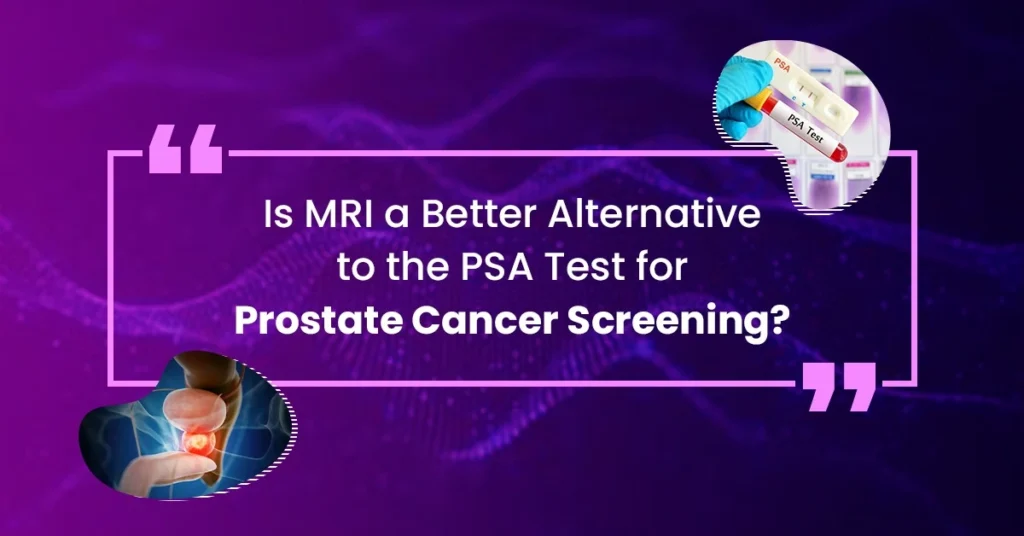
Introduction Prostate cancer remains a leading cause of cancer-related mortality among men globally. Early detection is pivotal for effective treatment and management. Traditionally, the Prostate-Specific Antigen (PSA) test has been the primary method for prostate cancer screening. However, recent advancements in imaging technology, particularly Magnetic Resonance Imaging (MRI), are challenging the reliance on the PSA…
Harnessing AI and Resting-State fMRI to Predict Brain Surgery Outcomes

Introduction Artificial Intelligence (AI) is making significant strides in healthcare, particularly in predicting outcomes for brain surgery in patients with high-grade gliomas. A recent study led by Patrick Luckett, PhD, at Washington University School of Medicine in St. Louis, MO, has demonstrated how combining machine-learning algorithms with resting-state functional MRI (fMRI) can provide highly accurate…
Understanding the Delays: The Critical Importance of Early Detection in Young Women with Breast Cancer

Introduction Breast cancer is a formidable adversary, and early detection is crucial for successful treatment. However, for many young women, recognizing and acting upon the symptoms of breast cancer can be fraught with delays. Recent studies reveal that youthful ladies often wait two weeks after noticing alarming breast symptoms before consulting a specialist. Astonishingly, one-third…
Breast cancer screening recommendations from the U.S. Preventive Services Task Force (USPSTF)
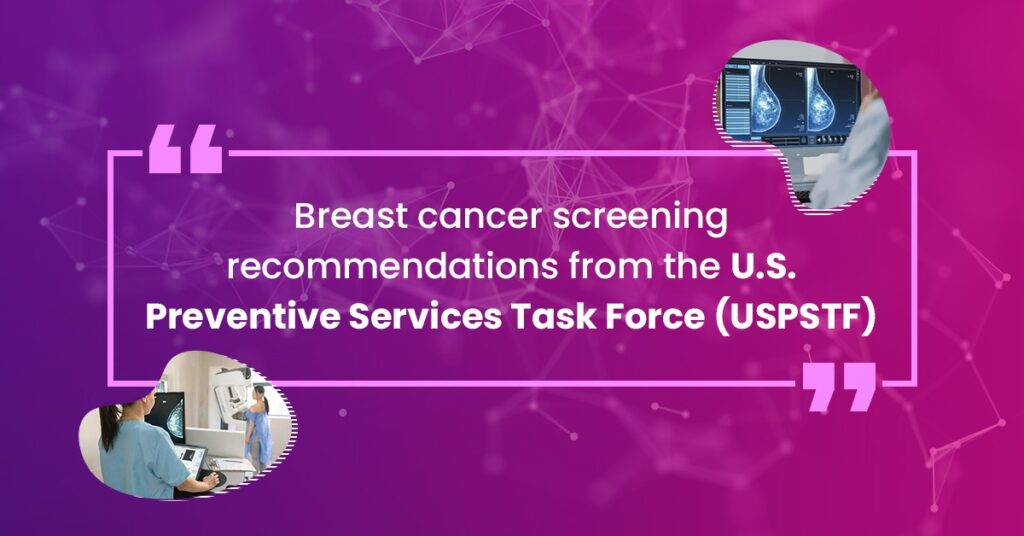
In the domain of women’s health, few topics hold as much significance and generate as many discussions as breast cancer screening. It is a subject that elicits both optimism and apprehension, given that early detection can be life-saving, yet the strategies and timing of screening have long been a matter of debate. Recently, the U.S….
Revolutionizing Prostate Cancer Care: The Transformative Power of MRI-Ultrasound Fusion

Introduction: Prostate cancer is one of the most prevalent malignancies affecting men worldwide, presenting a formidable challenge in the field of oncology. Accurate diagnosis and effective treatment are crucial, yet traditional methods have often fallen short of providing the necessary insights to manage this complex condition effectively. However, the innovative combination of Magnetic Resonance Imaging…
Revolutionizing Prostate Cancer Diagnosis: The Rise of MRI-Guided Techniques

Prostate cancer presents a significant health challenge for men globally, necessitating precise diagnostic methods to inform effective treatment strategies. While conventional approaches such as the prostate-specific antigen (PSA) test and rectal examinations have long been relied upon, their limitations, including potential oversight of cancerous regions and associated side effects, have spurred the search for more…

